As members of the American Security Project prepare to visit Tennessee to discuss the threats of climate change, ASP has published a short document detailing some of the threats that climate change poses to the state.Read more...


As members of the American Security Project prepare to visit Tennessee to discuss the threats of climate change, ASP has published a short document detailing some of the threats that climate change poses to the state.Read more...

A briefing note on the Ukraine Crisis and the Geopolitics of Energy – click to find out the facts and way forward the United States could take.Read more...

Three years after ASP first released “America’s Energy Choices” in 2011, the U.S. remains stuck in a political stalemate over energy. Even so, the energy choices made years or even decades ago by politicians, businesses, and consumers have led to a revolution in how the U.S. produces energy. The reality of change in America’s energy system is far different from the stagnation of the political debate.Read more...
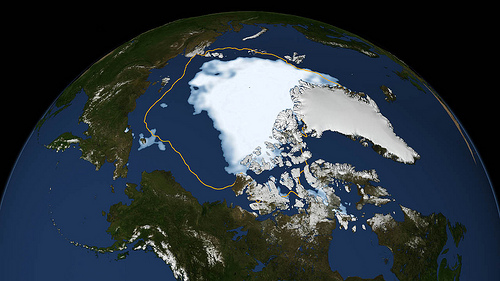
Over the next several years, the future of the Arctic will be determined. As one of five countries with a coast on the Arctic Ocean, actions by the United States will play a large part in the future of the Arctic. However, it is unclear whether the American government’s strategic planning, infrastructure, or policy engagement in the Arctic is sufficient to meet the challenges of an opening Arctic. This report details five key examples of how the U.S. is failing to meet the challenge:Read more...
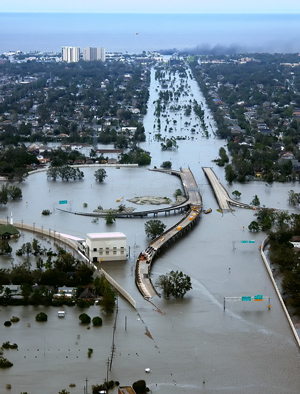
As the climate changes due to man-made global warming, these threats to the American coastline will only increase. Warming is melting global ice caps, increasing sea levels. Climate change also is expected to increase the severity, and possibly the frequency, of coastal storms. Combined, these two factors mean that costly and deadly storm surges are more likely.Read more...
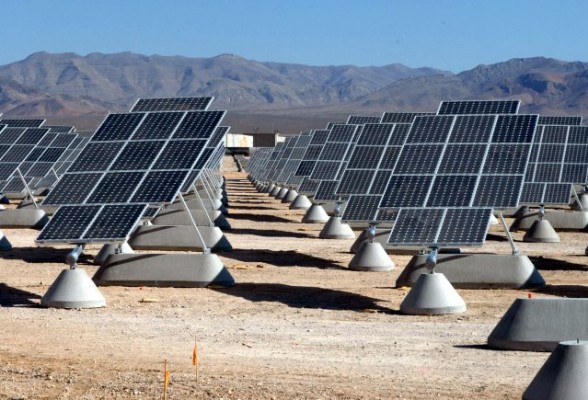
Military installations are important for preparing, training and housing warfighters. These bases are the staging grounds for emergency response scenarios such as responding to natural disasters. They are therefore critical to national security. DoD is undertaking ambitious efforts to install renewable energy and energy storage at its military installations. This fact sheet details some of the military’s efforts to improve resiliency and redundancy on its bases through clean energy.Read more...
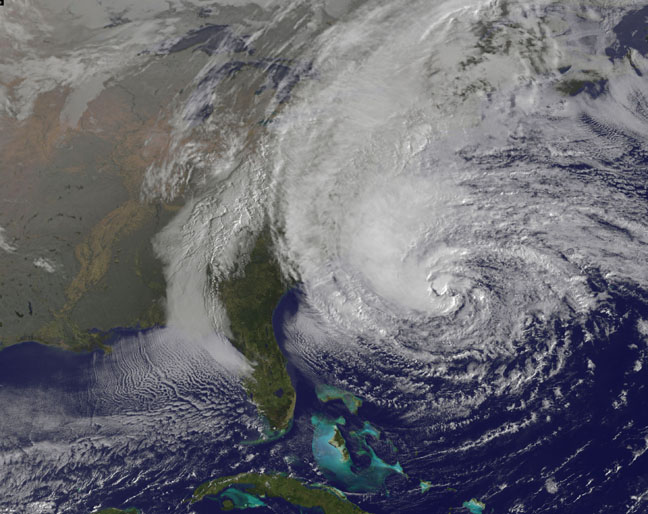
This fact sheet lays out some of the trends in climate events over the last ten to fifteen years, demonstrating rising threats to the United States. Mitigating greenhouse gases is necessary to reduce the effects of climate change. However, the United States must also take adaptation measures in order to minimize the inevitable consequences of climate change.Read more...
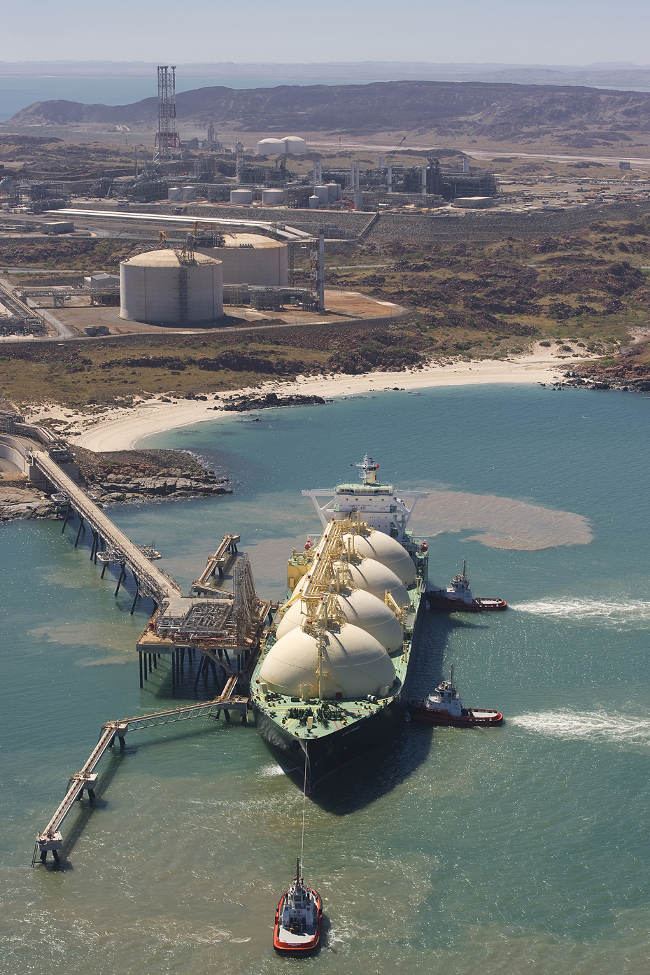
Low prices for natural gas in the U.S., and high prices in Asia, have sparked calls to allow American drillers to export LNG. Thus far, the debate surrounding LNG exports has focused on the economic impacts. This paper examines the geopolitical benefits of removing restrictions on LNG exports to two key regions – Europe and Asia. Read more...

This paper examines the causes of America’s soaring gasoline prices. The paper underscores that the price of gas is intimately interconnected with crude oil prices, which are set by global markets. The paper cautions that although America’s oil production has surged in recent years, it has not lowered gas prices.Read more...

ASP’s White Paper report, “Advanced Biofuels and National Security” builds on ASP’s long history of demonstrating the importance of reducing oil use for national security and highlighting the work of the Department of Defense in promoting alternative fuels. This report demonstrates that developing advanced biofuels are important in reducing America’s dependence on oil; this dependence presents real national security threats to the United States and the American military. Read more...